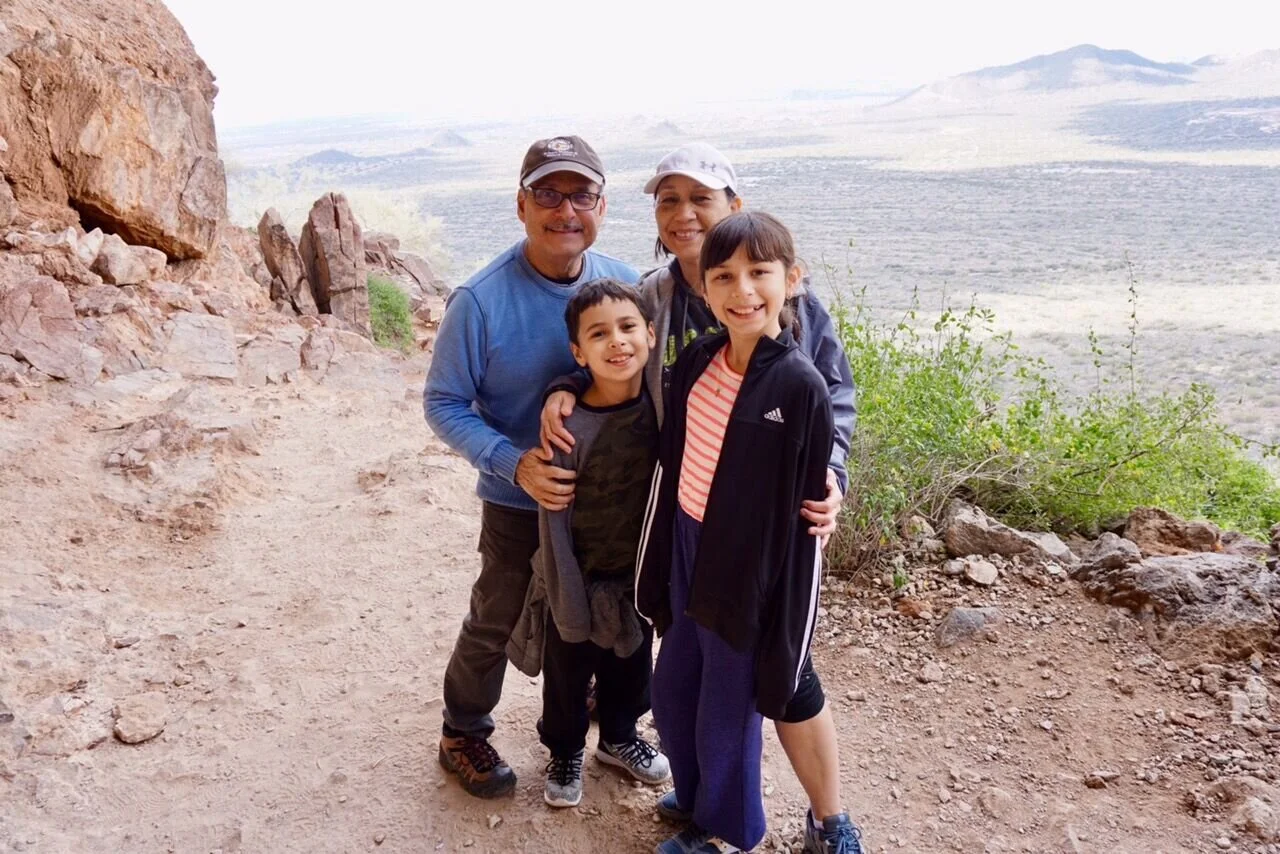Congress’ proposed $3.5 trillion budget reconciliation bill is a bold investment in America. It follows the already historic $1 trillion bipartisan infrastructure plan, known as the INVEST in America Act, and plans for wider-ranging investments. Chief among these are investments to address climate change that build upon the infrastructure developments planned under the INVEST in America Act. In particular, the investments under the budget reconciliation bill will provide the country with much-needed help for critical restoration and resilience projects aimed at reducing drought and forest fires, and would support meaningful progress on environmental justice while creating millions of jobs.
Read MoreI grew up in Trinidad, Colorado – an old western town settled as a stop on the Santa Fe Trail. As a result, it has been a mining community and a cattle town. I’ve always appreciated its history, the grit it must have taken to survive and thrive. Because of the way Trinidad was settled, and the industries that began here, it was a microcosm of different cultures.
In the late sixties, my father arrived from northern New Mexico after receiving a full-ride scholarship to the University of Denver School of Law. He was the first in his family to pursue and graduate with a law degree. Soon after graduating, my parents moved to Trinidad. My father was deeply respected and was even elected to two terms as District Attorney. He also served as County Attorney for Las Animas County before he and my mother opened several businesses in Trinidad. They embraced life here and were beloved by their community. Their appreciation of Trinidad was something they made sure to pass on to my siblings and me.
Read MoreThursday, March 25, 2021 – Leaders from across the nation joined Thursday evening’s Clean Energy Economy and Justice Roundtable, calling for policy changes that would center the voices of Black, Indigenous, and people of color communities, while holding the administration accountable to implement these changes.
Read MoreGrowing up in Douglas, Arizona is like having a foot in two worlds. Because it straddles the United States and Mexican border, my upbringing was unique in that I grew up on what I considered an international avenue – my favorite tienditas on one side, my family on the other, and then the desert, the saguaros, watching us all.
Living in a border town means understanding economic privilege from an early age. I recognized the divide that existed, and the role that politics played in our lives. I was painfully aware of the privileges that being a U.S. Citizen awarded me, and I questioned why my neighbors weren't able to experience what my family could.
Read MoreAs a native Arizonan raised in Douglas, I have always admired the desert. While many might think of a desert landscape as arid, and perhaps even uninhabitable, I find the desert to be one of the most life-sustaining biomes, teeming with species who have adapted and thrive in our dry climate.
Read MoreAs a 26 year-old living in Phoenix, I hear all the time from the Latino community that camping and hiking is not part of our culture. That’s not true. This is part of who we are. It is part of our identity to enjoy the earth and what it provides for us, and also to have our role in protecting it. People are disengaged from their history and their roots. But if you can’t directly experience public lands, it’s harder to advocate on their behalf, or speak to elected officials about why they should care.
Read MoreRight now Congress is threatening to overturn a ruling by the U.S. Bureau of Land Management (BLM) that would save taxpayers millions of dollars and curb harmful pollution from methane waste.
The BLM rule – which HECHO worked hard to help finalize last year -- would curb natural gas waste by requiring new and existing oil and gas operations on public lands to use the most up-to-date technology to capture wasted natural gas that is either released into the atmosphere or burned off, and repair leaks from equipment. To help prevent this important ruling from being overturned, we are partnering with other Latino groups including: the Hispanic Access Foundation; Chispa Nevada; League of Conservation Voters; Mi Familia Vota; and Por la Creación Faith-based Alliance, to educate Congress, the press, and the public about this issue.
Read More






